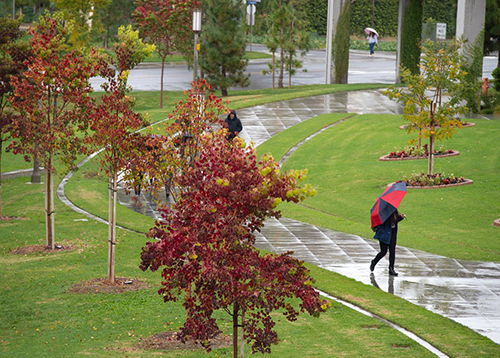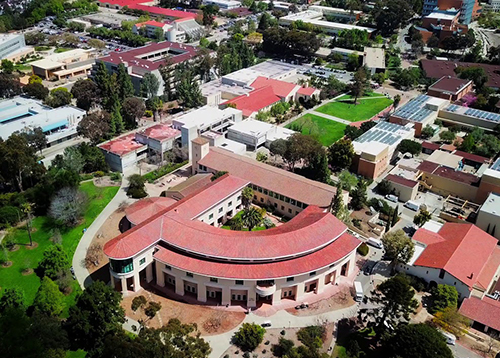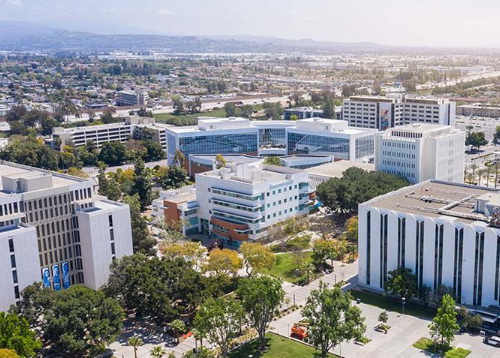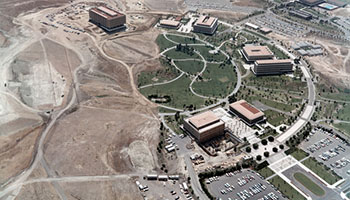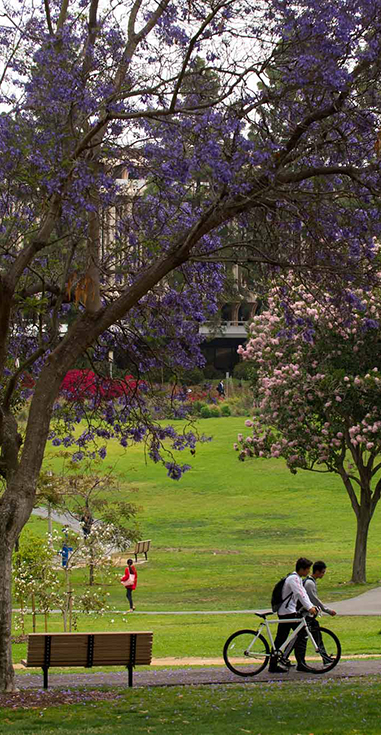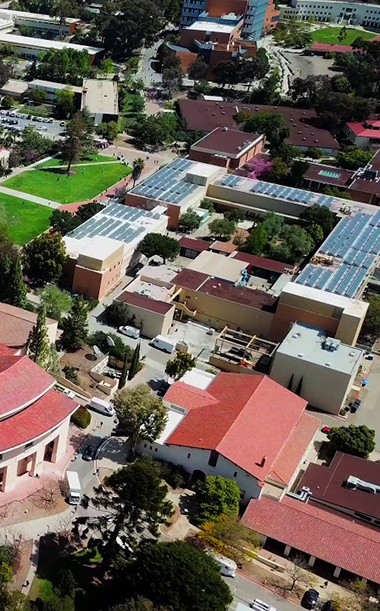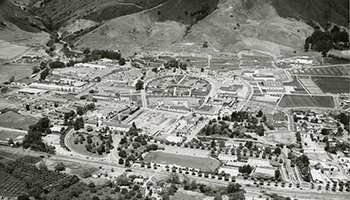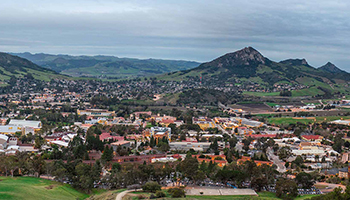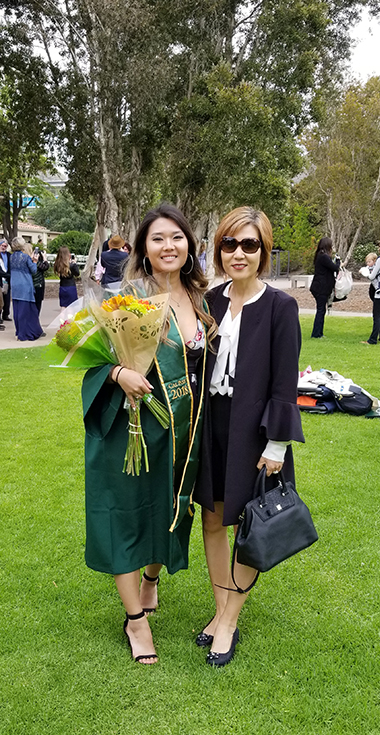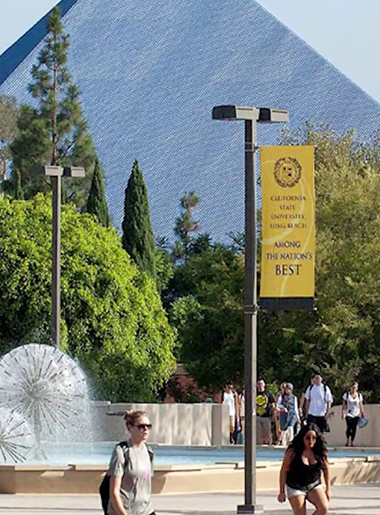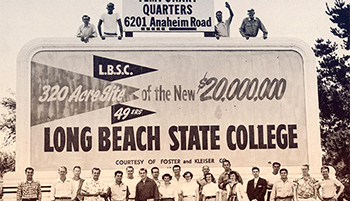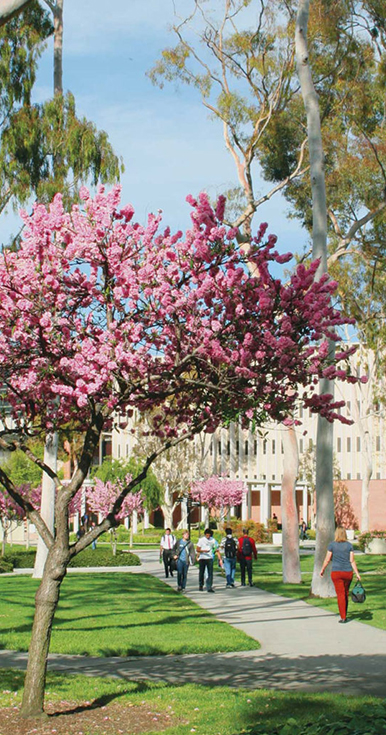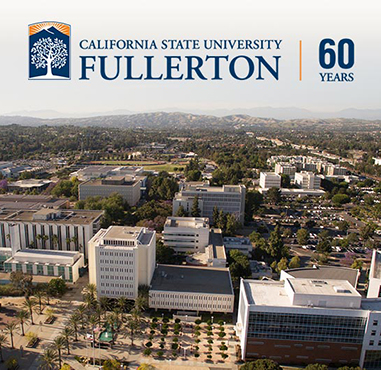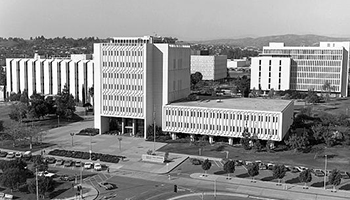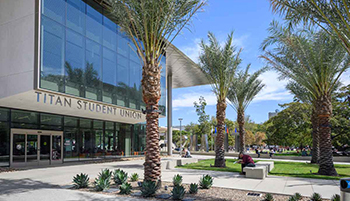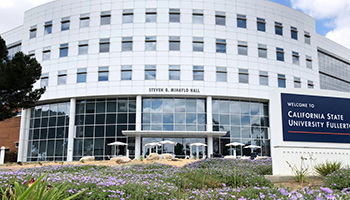
 Schools
Schools

In 1965, the University of California, Irvine was founded with a mission to catalyze the community and enhance lives through rigorous academics,
cutting-edge research, and dedicated public service. Today, we draw on the unyielding spirit of our pioneering faculty, staff and students who arrived on campus
with a dream to inspire change and generate new ideas. We believe that true progress is made when different perspectives come together
to advance our understanding of the world around us. And we enlighten our communities and point the way to a better future.
At UCI, we shine brighter.
Cal Poly San Luis Obispo was established as the California Polytechnic School in 1901 when Governor Henry T. Gage signed the California Polytechnic School Bill
after a campaign by journalist Myron Angel. The polytechnic school held its first classes on October 1, 1903 to 20 students, offering secondary level courses of study,
which took three years to complete. The university is organized into six colleges offering 65 bachelor's and 39 master's degrees.
Cal Poly San Luis Obispo primarily focuses on undergraduate education and as of fall 2018 Cal Poly has 21,037 undergraduate and 775 graduate students.
The academic focus is fostering a comprehensive undergraduate education, combining technical and professional curricula with the arts and humanities.
The university is located in San Luis Obispo, California, often noted as one of the happiest cities in the United States, with many alumni in Silicon Valley.
California State University, Long Beach, known nationally as "The Beach," is a hub of diversity, both culturally and intellectually.
Established in 1949, the 322-acre campus is designed to encourage student involvement and success. Eighty buildings house 63 academic programs and harmonize
with master planned architecture, landscape and environmental sculpture for unparalleled access to success.
The university continues to receive record numbers of applicants; for Fall 2018, it received 102,879 undergraduate applications—the most of any CSU campus.
The school has a 28% acceptance rate. In 2017, 17,650 out of 63,048 applicants were admitted making Cal State Long Beach a highly competitive school to get into.
In 1957, Orange County State College became the 12th state college in California to be authorized by the state legislature as a degree-granting institution.
The following year, a site was designated for the campus to be established in northeast Fullerton. The property was purchased in 1959.
This is the same year that Dr. William B. Langsdorf was appointed as founding president of the school.
Classes began with 452 students in September 1959. The name of the school was changed to Orange State College in July 1962.
In 1964, its name was changed to California State College at Fullerton. In June 1972, the final name change occurred and the school became California State University, Fullerton.
The university offers 109 degrees: 57 bachelor's degrees and 52 graduate degrees, including three doctorates. The university is nationally accredited in art, athletic training,
business, chemistry, communications, communicative disorders, computer science, dance, engineering, music, nursing, public administration, public health, social work,
teacher education and theater. Spending related to CSUF generates an impact of around $2.26 billion to the California and local economy, and sustains nearly 16,000 jobs statewide.
